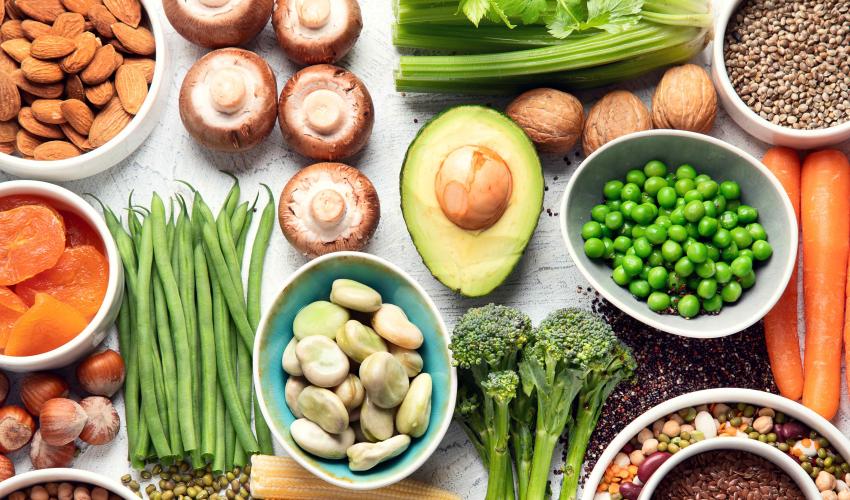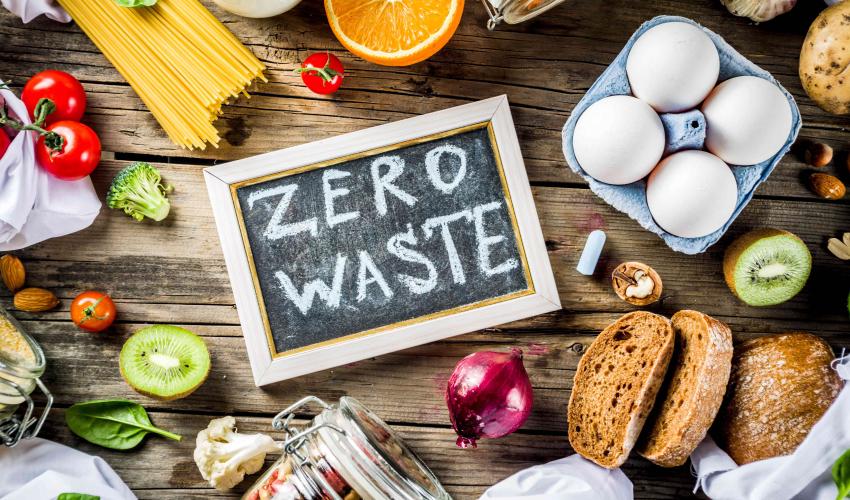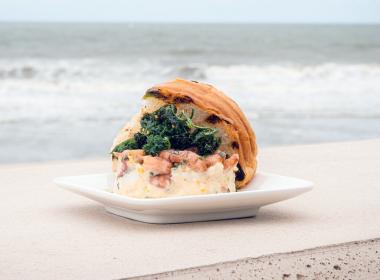A climate-friendly menu, how do you go about it?

With a few simple adjustments, we can make meals a lot more climate-friendly in the foodservice sector. This is based on three principles: we put extra emphasis on vegetable-based food, reduce waste and make smart purchases of food raw materials.
OPT FOR PLANT-BASED NUTRITION

This is part of the plant-forward movement, a style of cooking that mainly involves cooking and eating food of plant origin.
Here are a few strategies to make this happen:
- Eat more vegetable proteins
- Eat less meat with a large ecological footprint, such as beef or lamb. Poultry is a better option.
- Eat animal proteins in combination with vegetable proteins, ensuring richness on your plate.
- Mix meat with vegetables, creating more variety
- Place plant-forward menus more upwards and centrally on the menu
- Make sure the food is still tasty
- Describe the food attractively, without mentioning that it is vegetarian or vegan
- Offer the climate-friendly menus to customers first
REDUCE WASTE

Less waste drastically reduces the impact on the planet.
This is what you can do:
- From carrot to peel, try to use everything from food in your dish (if possible)
- Provide portions tailored to the customers
- In the case of food of animal origin, use the entire carcass in your dish (if possible)
- Strive for a circular economy, relying on suppliers who use by-products to create new ingredients
PURCHASE IN A SMART MANNER

Be aware of the impact of where your food comes from, and how it is transported. Strive for efficiency and sustainability.
Some strategies:
- Use only seasonal produce
- Rely on local and national cultivation
- Avoid products that are transported by plane
- Use only climate-friendly crops from organic and regenerative agriculture.




